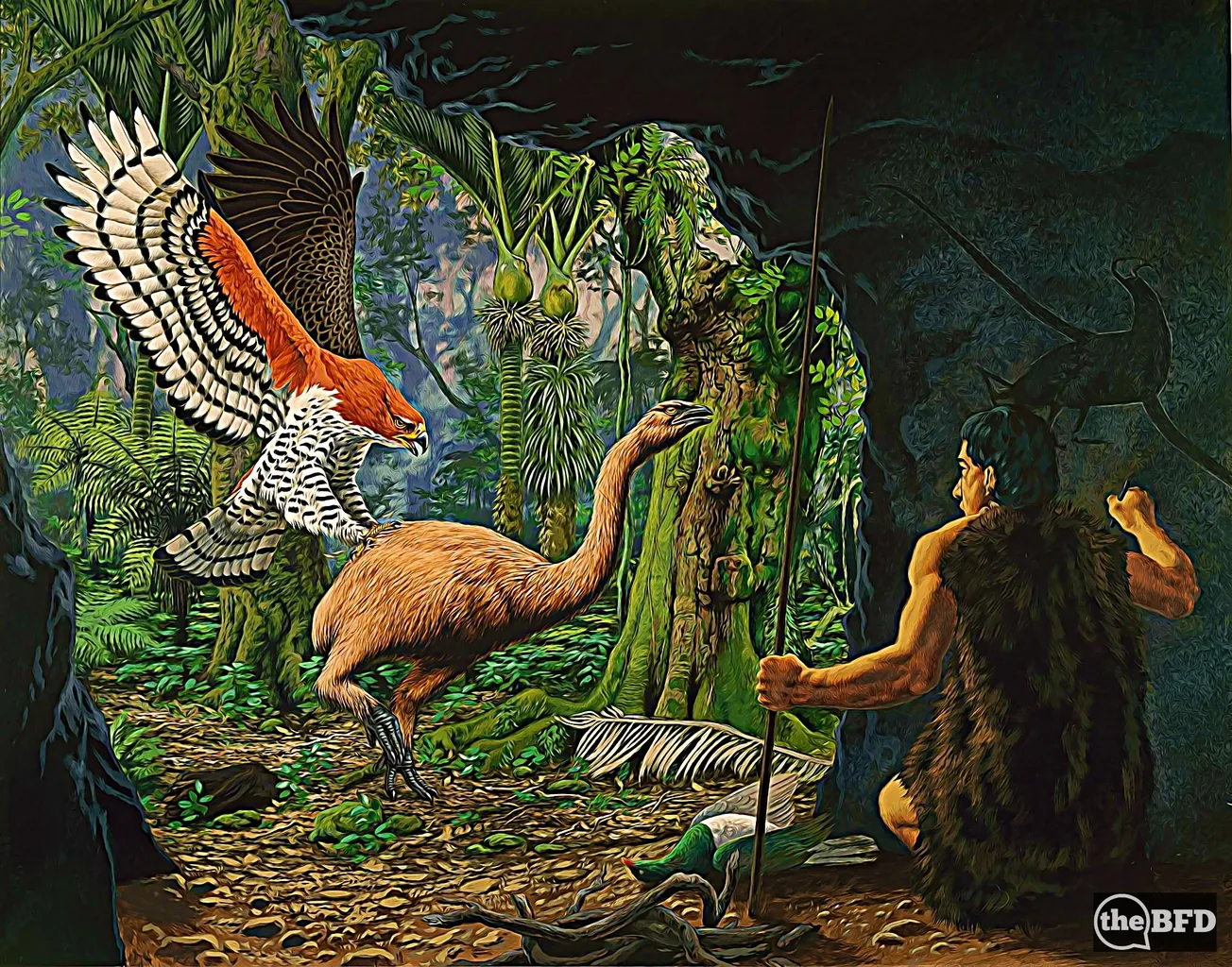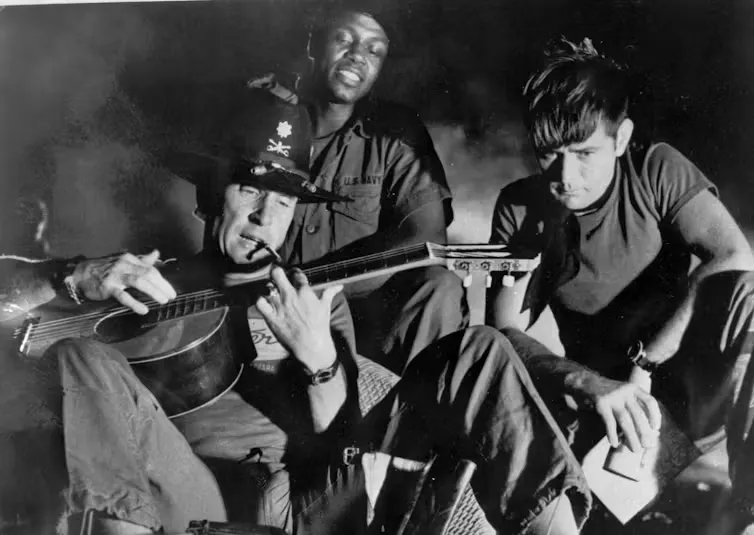Table of Contents
For some time now activists, probably incited by this Labour Government’s skewed ideology that social justice and equality for Maori can only be achieved by overriding the principles of democracy, have been, with increasing regularity and intensity, demanding that “Pakeha accept decolonisation”!
To investigate decolonisation, we must first understand colonisation. It is very easy for colonisation to be equated with colonialism. They are very different.
Colonisation: Is the action or process of settling among and establishing control over the indigenous people of an area.
Colonialism: Is the policy or practice of acquiring full or partial political control over another country, occupying it with settlers, and developing it economically.
The difference is that colonisation is just to establish a colony while retaining many of the native culture’s beliefs.
But settler colonialism is where the colonist negates the institutions of the indigenous people of that place.
An example of colonialism, close to New Zealand, is Hawaii.
In 1893 Americans overthrew the Government of Hawaii and ultimately, in 1898, annexed it to the United States.
In 1959, Hawaii became the 50th state of the US. By this time native Hawaiians had lost most of their land and their monarchy had been demolished.
Both Spain and Britain provide excellent examples of different attitudes and actions toward colonisation and colonialism.
Mercantile, commercialist Spain tended to colonise most extensively precolonial regions that were reasonably populous and had a developed and functioning structure or society.
Spanish colonisation of the 17th century was very focussed on conquest and the garnering of riches, thus giving rise to negative consequences for postcolonial development.
In comparison, a more liberal, benign Britain tended to colonise most extensively precolonial regions that were sparsely populated and underdeveloped. In turn, extensive British colonialism had comparatively positive effects.
To evaluate colonisation, we should start with the arrival of James Cook in 1769, 127 years after Tasman in 1642. Cook’s voyage to the south Pacific was primarily a scientific expedition.
The French were not far behind Cook and this clearly meant the end of isolation for New Zealand.
Over the next 60 years, contact grew. Mainly from many hundreds of sealers and whalers but also from traders looking to settle and develop new markets.
The overwhelming majority of encounters between Europeans and Maori passed without incident.
The monumental shift in New Zealand’s history occurred with the introduction of European technology in the form of the musket.
Up to one-fifth of the Maori population was killed during the intertribal Musket Wars of the 1810s, 1820s and 1830s. These wars often involved the settling of old grievances.
You have to assume these wars would have occurred whether European contact had been made or not. Just the time scale would have been longer and the weaponry different.
The first British steps in New Zealand were rather tentative after 13 northern chiefs wrote to King William IV in 1831, asking for his protection due to fears of a French annexation, lawless settlers and the worrying slaughter from the musket wars.
That saw the Colonial Office sending William Hobson to New Zealand with instructions to obtain sovereignty over the country with the consent of chiefs, via a treaty.
Once he had done so, New Zealand would come under the jurisdiction of the Governor of New South Wales.
At the end of 1840, New Zealand ceased to be administered from New South Wales and became a colony in its own right.
Let’s assume colonisation commenced from this point.
Was it beneficial to Maori, or as one Helen Moewaka Barnes wrote in 2019 –
Colonisation has deeply harmed Maori communities, seriously and consistently undermining their vitality, aspirations and potentials, particularly since the 1860s, at inestimable cost to the entire nation.
Despite manifest breaches of te Tiriti o Waitangi, this relationship has centred settler interests ensuring that Maori sovereignty has been displaced in favour of colonial hegemony, entrenching longstanding, preventable inequities in health and other important domains of social life.
Barnes went on…
Through land alienation, economic impoverishment, mass settler immigration, warfare, cultural marginalisation, forced social change and multi-level hegemonic racism, Indigenous cultures, economies, populations and rights have been diminished and degraded over more than seven generations.
Adrienne Paul, Maori Land law lecturer states, “That before Pakeha law, there was Maori law.”
I’m struggling with the term “Maori Law”. Wasn’t pre-European Maori law simply the power of the strongest? It certainly was “the power of the strongest” once muskets were introduced!
Was it “Maori Law” that sanctioned the customary right of the victor to subject the defeated enemies to absolute and final denigration by being eaten?
Further from Paul, “So, as an act of decolonisation and cultural redress, shouldn’t the law schools of Aotearoa New Zealand be teaching both?”
What really annoys me about all these calls for decolonisation is the complete lack of acknowledgement that Maori culture was basically a Stone Age culture until the arrival of Europeans and the introduction of metal. Yes, it was structured, although tribally, and extremely fragmented. Warfare was common.
“Stone Age” simply means a time when humans, anywhere, used stone or bone tools exclusively, before discovering how to make – or being introduced to – metal tools and weapons.
Before the Maori had access to metal, their working materials were mainly bird, whale, dog and human bones, ivory teeth and stone.
When journeying for exploration, food gathering or even war, Maori travel was confined to movement within easy distances from a water source. Because they had no way to carry water!
There is much evidence to support the conclusion that infanticide was widely practised in pre-European New Zealand by the Maori. Because female babies were less highly valued than males, it was females who were almost always killed.
Living in a land that prevented them from finding and utilising metals, where they used tribal warfare to settle a grievance or increase territory and where there was infanticide, cannibalism and no written language: without colonisation, where would Maori be today?
How often do you hear Maori activists extolling the rewards or recognising the many benefits acquired by Maori from colonisation?
Not often, because that would fly counter to their argument “Pakeha must accept decolonisation”.
Isn’t it time we had some fairness and objectivity in this decolonisation challenge?
We have been force-fed a diet of the wonderfulness of Maori culture and language and even been asked to accept that matauranga maori is the equal of proven scientific fact.
If Maori activists demand this of us then I believe it is only fair to expect them to acknowledge and recognise the many benefits they have acquired by way of colonisation.
I ask, where would Maori be today if colonisation had never taken place?









